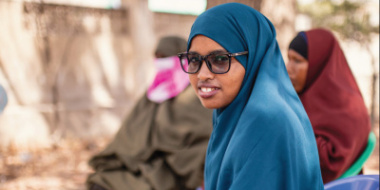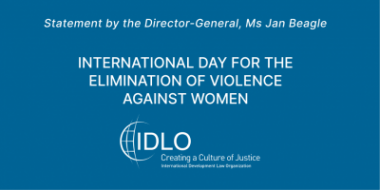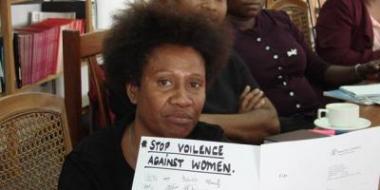Crucial forensic training conducted in Liberia
In a country where in 2013, rape and domestic violence were reported as accounting for over 70 per cent of all serious reported crimes, IDLO has been providing crucial support in forensic training.
In Liberia, the WHO estimates that between 61 and 77% of women and girls were raped during the civil war, and gender-based violence continues to be prevalent.
















